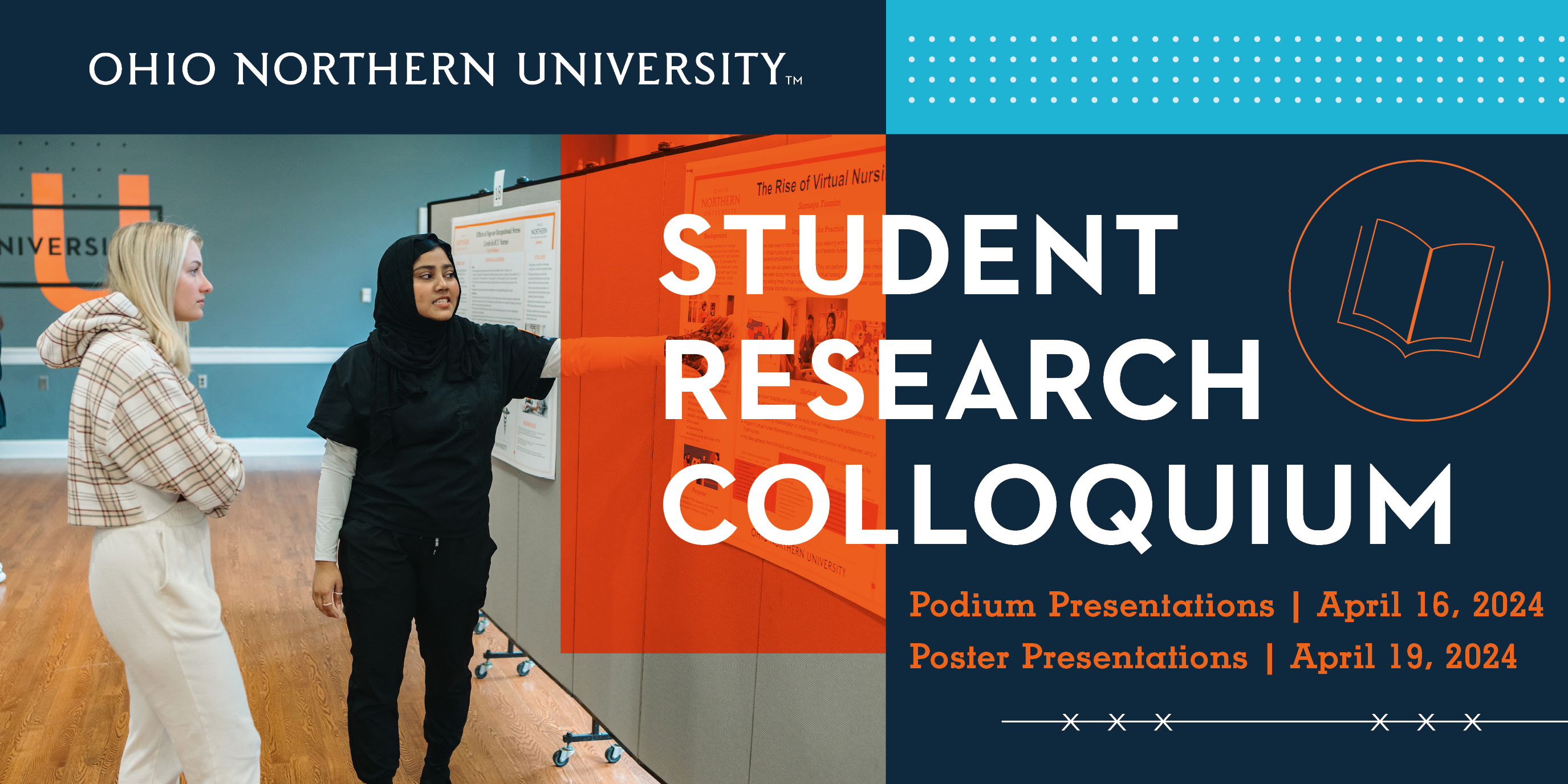Advisor(s)
Dr. Jonathan Spelman
Confirmation
1
Document Type
Paper
Location
Dean's Heritage Room
Start Date
16-4-2024 2:15 PM
End Date
16-4-2024 5:45 PM
Abstract
There is no widely-accepted framework in environmental ethics for evaluating the justifiably of activism that causes property damage for the sake of the environment (hereafter, PDFE). However, many activists continue to take the law into their own hands in their fight for justice. In this paper, I devised a framework that can be used to determine if a case of PDFE is morally permissible, and I apply this framework to two real cases of activism. According to my framework, there are four principles that help us determine when PDFE is morally permissible. Those principles are as follows:
Principle 1: causing harm is permissible in some scenarios
Principle 2: harm caused cannot be unnecessary
Principle 3: objective risks of harm must be minimized
Principle 4: harm can only be performed if it yields a net positive expected effectiveness
After presenting my framework, I justify each principle using a thought experiment inspired by Ivar Hardman’s (pseudonym) In Defense of Direct Action involving a hypothetically kidnapped boy. My paper also presents and addresses objections including virtuous person (virtue ethics), objective vs subjective, and utilitarianism arguments.
Recommended Citation
Alexander, Madeline, "An Evaluation of the Permissibility of Property Damage for the Environment" (2024). ONU Student Research Colloquium. 40.
https://digitalcommons.onu.edu/student_research_colloquium/2024/papers/40
Level of Access
Restricted to ONU Community
Restricted
Available to ONU community via local IP address and ONU login.
An Evaluation of the Permissibility of Property Damage for the Environment
Dean's Heritage Room
There is no widely-accepted framework in environmental ethics for evaluating the justifiably of activism that causes property damage for the sake of the environment (hereafter, PDFE). However, many activists continue to take the law into their own hands in their fight for justice. In this paper, I devised a framework that can be used to determine if a case of PDFE is morally permissible, and I apply this framework to two real cases of activism. According to my framework, there are four principles that help us determine when PDFE is morally permissible. Those principles are as follows:
Principle 1: causing harm is permissible in some scenarios
Principle 2: harm caused cannot be unnecessary
Principle 3: objective risks of harm must be minimized
Principle 4: harm can only be performed if it yields a net positive expected effectiveness
After presenting my framework, I justify each principle using a thought experiment inspired by Ivar Hardman’s (pseudonym) In Defense of Direct Action involving a hypothetically kidnapped boy. My paper also presents and addresses objections including virtuous person (virtue ethics), objective vs subjective, and utilitarianism arguments.

